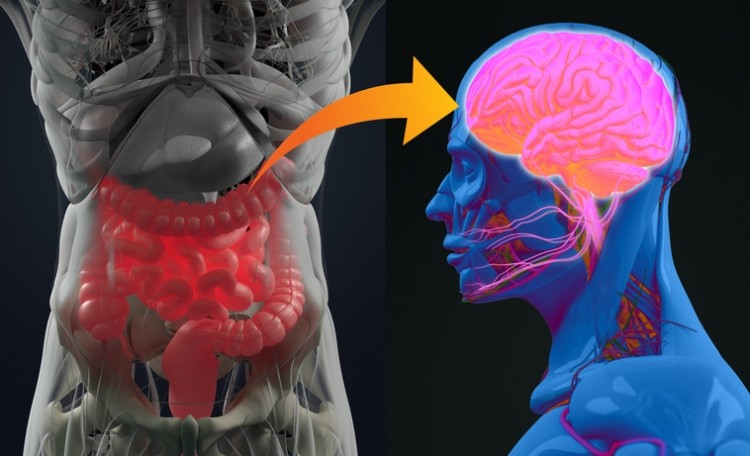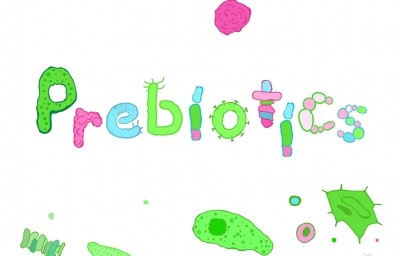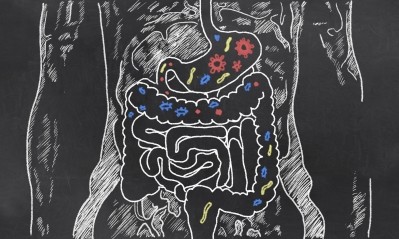Review finds support for cognitive health benefits of prebiotics

The new review is the work of researchers based in Bengaluru, India and in North Dakota in the US. The research was published in the journal Frontiers in Pharmacology.
The researchers noted that there are a plethora of molecules that fit into the category they referred to as non-digestible oligosaccharides (NDOs). These include fructo-oligosaccharides, xylo-oligosaccharides, isomalto-oligosaccharides, manno-oligosaccharides and pectic-oligosaccharides among others.
Clinically relevant prebiotic dosages hard to achieve from foods alone
The molecules are present in many plant sources, but the researchers noted that consuming the whole plant sources will rarely yield dosages of these molecules that have clinical significance. Most of the prebiotic effects would thereby be delivered by isolated or synthesized fibers, the researchers said.
The researchers noted that most of the evidence on prebiotic effects has looked a mechanisms within the gut itself. But with the growing appreciation of the importance of the gut-brain axis, more research is starting to be done in this area.
Most animal and all human studies date only from 2014
Starting with in vivo animal studies, the research team found 17 studies that have been done in various models, with most studies done in mice and rats. One study was done in piglets, with another in the C. elegans nematode model. The earliest studied in this group were done in 2007, with the rest done from 2014 onwards.
These studies found that prebiotic supplementation had positive effects on markers of anxiety and depression, brain chemistry markers that correlate to memory, improved markers of oxidative stress in brain tissues and other cognitive and emotional health endpoints.
However, it’s tricky to translate the behavior of a rat more vigorously exploring a maze or moving more readily into an open space in an enclosure into real differences in human cognitive health. The best the animal model results can do is to point researchers into directions for human studies.
The researchers noted that as the animal model research is relatively new, there hasn’t been much time yet to design and carry out these kinds of studies in humans. Nevertheless, they did find seven studies to review that look at these endpoints in humans and use NDOs as test materials.
The earliest of this set of studies was done in 2015 and the most recent included in the review was published in 2021. Three of these studies were done on healthy adult volunteers, two were conducted with cohorts of premature infants, one study was done with patients diagnosed with irritable bowel syndrome (IBS) and another was done with hemodialysis patients.
The studies in the healthy participants showed memory benefits, reductions in salivary cortisol levels and subjective reductions in anxiety. At a notch lower on the confidence scale, the IBS cohort study showed a reduction in depression and the one done with dialysis patients showed a reduction in depression. There were no effects observed in the preterm infants.
Authors: Evidence is promising, but must be considered preliminary
“Preliminary evidence available at the clinical level supports the fact that prebiotic NDOs are capable of improving brain function and behavior. However, the studies are mainly of short duration (4–12 weeks) and are limited to healthy, young, and middle-aged adults,” the researchers noted.
“Further research on effective formulation with clinical studies is essential to advance the important potential of prebiotics to improve brain health and wellness and advance them as essential therapeutic candidates to incorporate in dietary and nutraceutical formulations,” they concluded.
GPA: Recent research exciting, despite limitations
Len Monheit, director of the Global Prebiotic Association, said the review paper correctly identifies the exciting, yet incomplete picture painted by the recent research into this area.
“The potential for prebiotics in neuroprotection or neuro-modulation is exciting and is part what is typically described as the gut-brain axis. . . . We know that significant prebiotic activity is through regulation of metabolites such as short chain fatty acids, with much of it focused on butyrate. Other established impacts of prebiotics include increase microbial diversity and a favorable impact on the population of anti-inflammatory microbes, and a direct impact on lowering the markers of oxidative stress,” Monheit told NutraIngredients-USA.
“An additional item of note in this research is that it also goes beyond oligosaccharides such as FOS, GOS and inulin into emerging non-digestible oligosaccharides such as lactulose, XOS, POS and IMO. It also details preclinical and clinical work in early-life stage applications, and acknowledges that food intakes most often do not provide adequate intake levels. The authors correctly note the inadequacies of current clinical work and the short term duration of most studies,” he added.
Source: Frontiers in Pharmacology
23 August 2021 | https://doi.org/10.3389/fphar.2021.712531
Neuroprotective Potential of Non-Digestible Oligosaccharides: An Overview of Experimental Evidence
Authors: Divyashri G, et al.








